Applying for U.S. citizenship comes off as a daunting experience for many people. It doesn’t help when there’s a required exam to proceed with the application. Some naturalization applicants tend to be exempt from certain parts of the exam. Although, this depends on medical conditions, age, and their time as a green cardholder. If none of these apply to you, then you get to take the exam to complete the citizenship process. Cynthia R. Lopez, P.C. knows everything about the process, especially the exam, and we are honored to provide you with even the slightest insight if it means success on your behalf. Allow us to break down the components of the exam.
What To Know For The Citizenship Test
There are two major components to the exam. In the first half, applicants test on their English skills. In the latter half, applicants will test their basic knowledge of U.S. government and history. With enough preparation, you can face the exam with confidence.
The Citizenship English Component
The English test consists of basic grammar and vocabulary. However, immigration officers do think mindfully of the fact that even English-inclined applicants may make common errors and mistakes on the exam. This provides a fair and equal chance for everyone who takes the test. Applicants are more than welcome to ask questions for more clarification during the exam. If you are unsure about something, it is important that you raise awareness before proceeding with the exam.
Writing
During this part of the English test, the test administrators will read aloud a sentence to you, and you are to write it out correctly with as little mistakes as possible. Three sentences will be out loud. The good part, you only have to write one out correctly. Still, it’s better to attempt all three sentences in case you mess up on one. Some mistakes regarding capitalization, grammar, and punctuation in a general sense you don’t need to stress about. Although, you will not be excused from abbreviating words.
Speaking
For this part of the English test, the test administrators will ask you questions regarding your citizenship application in order to evaluate how well you can speak English. They will also test you regarding your comprehension skills. There is no need to stress over this part. Much like the writing portion, they will also not expect you to pronounce and understand every single word. Most of all, it is important that you know the basics of the English language. We advise that you look over your answers on your application before this portion of the test.
Reading
During the English component of the test, you will be provided with a tablet, and on the tablet will be a sentence for which you are to read aloud. Until you have read one flawlessly, you will be asked to do the same for three sentences in total. It is important to keep in mind that taking long pauses can hurt your score. Similar to the other portions of the English exam, they will excuse you from minor mispronunciations, leaving out short words, or using non-standard intonation. You cannot replace words in the sentences you’re reading aloud.
The Civics Component
The United States Citizenship and Immigration Services provides applicants with a list of one hundred questions for the test. Only ten of these questions, will you have to worry about. Although we highly reccomend that you study them all because they will be picked randomly. In order to pass this portion of the exam overall, you will need to answer six out of the ten questions correctly. An applicant sixty-five years old or over, they will only require them to know the questions marked by an asterisk.
How You Can Prepare For The Citizenship Test
Now that you know what to expect, it is important that you begin studying for your test as soon as you initiate the application for citizenship. If you’re more of a visual learner, it may be helpful to listen to audio tutorials or tools to help you remember the information. If you’re good with words, you can use notecards and take notes, whatever works best. You can also ask for help and have your family or a friend help you study the information you need to know. Some people learn best when they can discuss what they’ve learned with others. Take the practice tests, give yourself a mental break here and there, and ultimately, trust in yourself.
Cynthia R. Lopez, P.C. is Honored to Help
Cynthia R. Lopez, P.C., is proud to have helped several applicants throughout the naturalization process. If you’ve been thinking about taking up this endeavor, we encourage you to get started with us. Contact our office today to learn more about how we can get the best get you started with the process.




